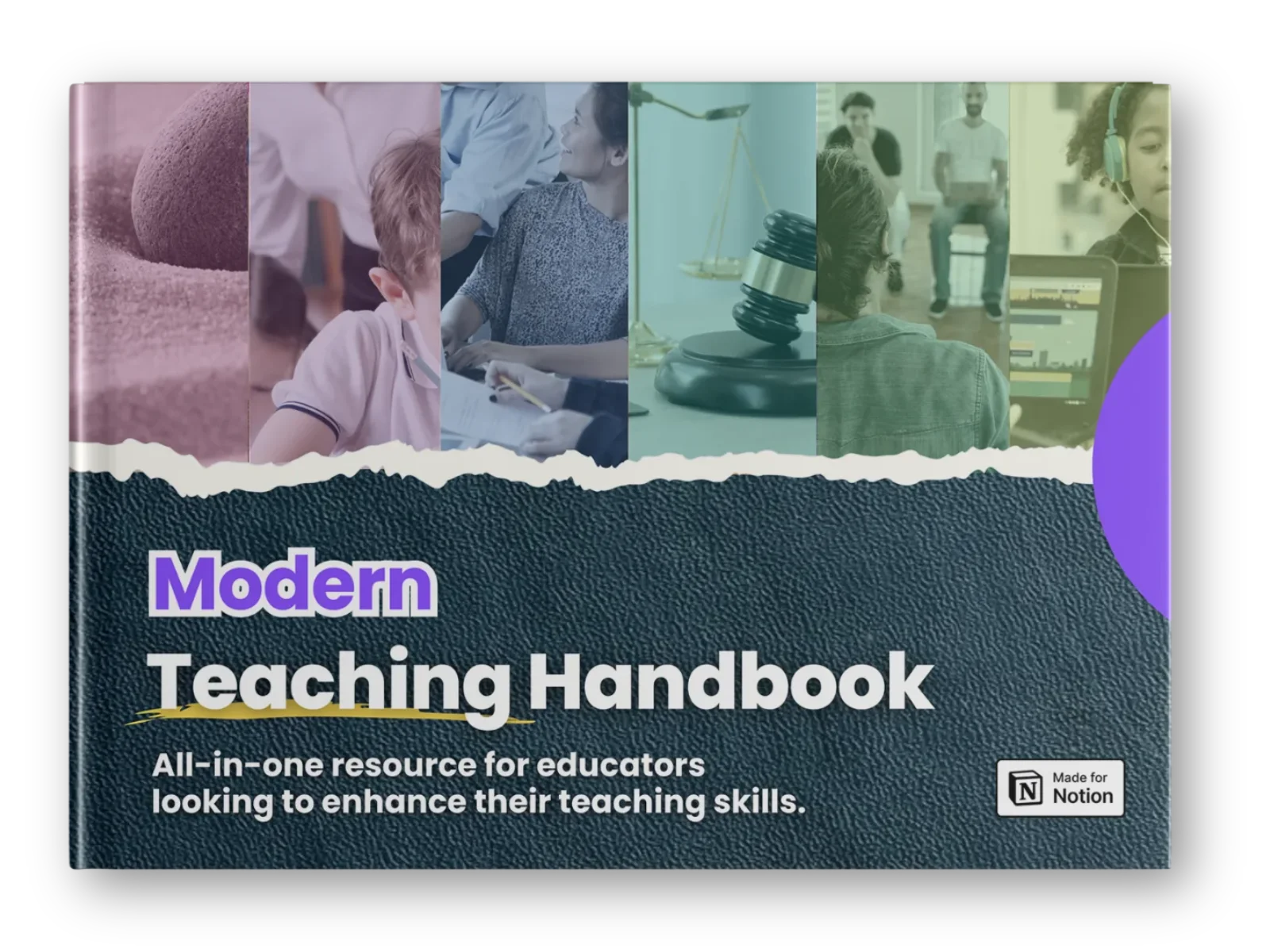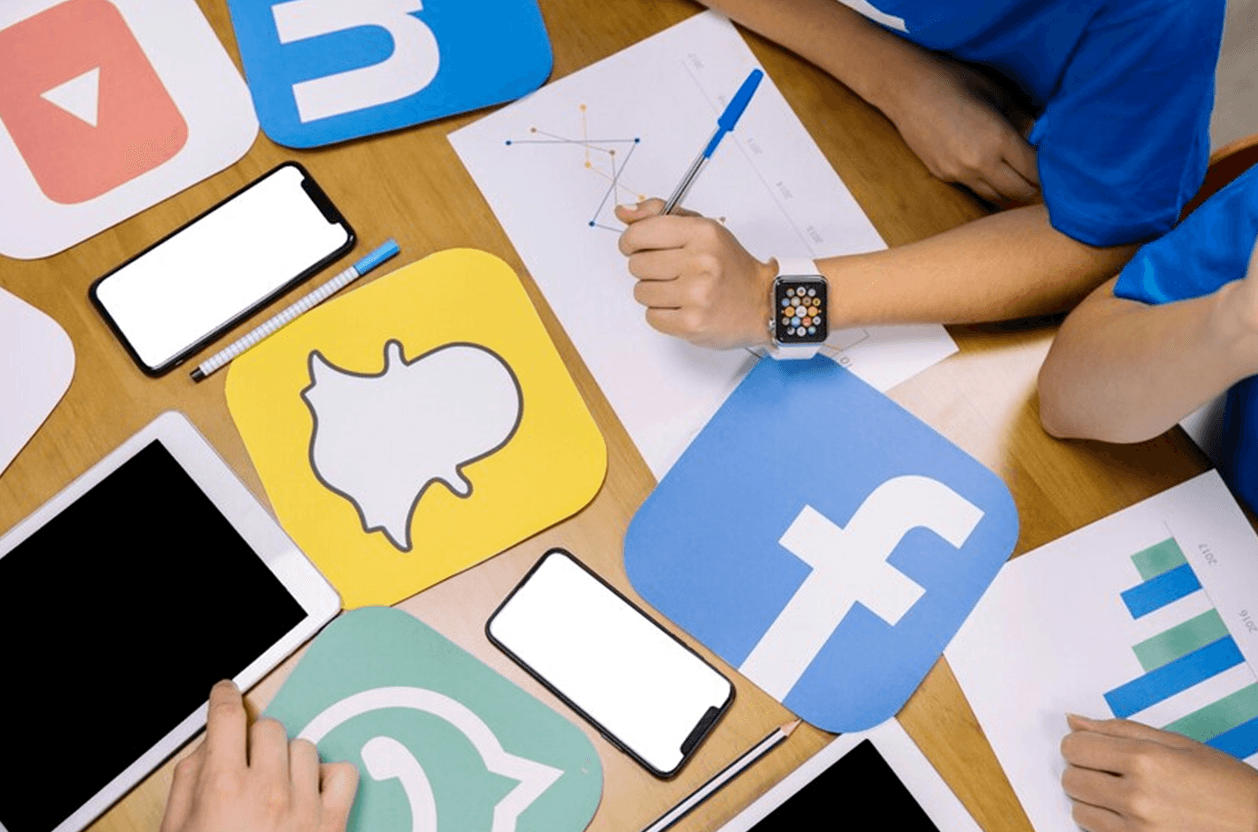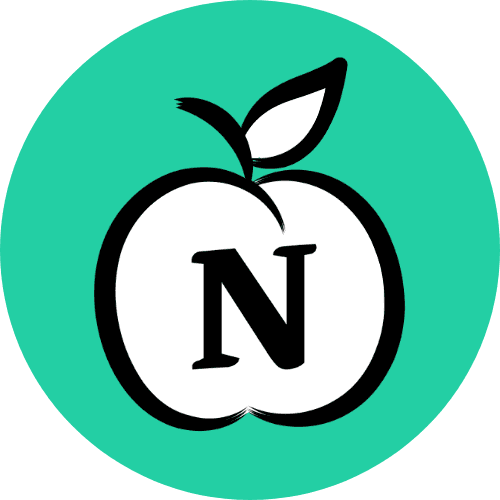

The Influence of Social Media Platforms on Education
The Influence of Social Media Platforms on Education
The Influence of Social Media Platforms on Education


Article by
Milo
ESL Content Coordinator & Educator
ESL Content Coordinator & Educator
All Posts
Learning in the digital age means education and social media are permanently linked, spawning a fresh set of challenges and opportunities. The traditional classroom experience - scripted lessons and static textbooks - is swiftly becoming a relic of the past.
Social media has brought about an educational tidal wave - lessons are no longer dull, everyone's got a say, and access is unconditional. The social media factor in education is a double-barreled effect: it's both a profound opportunity and a source of trouble. Like a coin, it has two sides - one filled with promise, the other plagued by problems - and each has its champions and critics.
Learning in the digital age means education and social media are permanently linked, spawning a fresh set of challenges and opportunities. The traditional classroom experience - scripted lessons and static textbooks - is swiftly becoming a relic of the past.
Social media has brought about an educational tidal wave - lessons are no longer dull, everyone's got a say, and access is unconditional. The social media factor in education is a double-barreled effect: it's both a profound opportunity and a source of trouble. Like a coin, it has two sides - one filled with promise, the other plagued by problems - and each has its champions and critics.
Modern Teaching Handbook
Master modern education with the all-in-one resource for educators. Get your free copy now!

Modern Teaching Handbook
Master modern education with the all-in-one resource for educators. Get your free copy now!

Modern Teaching Handbook
Master modern education with the all-in-one resource for educators. Get your free copy now!

Positive Impacts of Social Media on Education
According to a 2022 study by Hootsuite, over 4.62 billion people worldwide use social media, with a significant portion of that being young adults and teenagers. This underscores the inevitability of social media's role in education. A survey conducted by the Education Development Trust revealed that 63% of students in higher education use social media to access educational content, while 47% of teachers incorporate social media platforms into their classroom environments for enhanced engagement.
Accessibility to Knowledge: Social media platforms such as YouTube, Twitter, and Instagram have democratized access to information. Previously, knowledge was locked behind paywalls or physical institutions, but now, students from across the globe can connect with experts in various fields at the click of a button. According to a report by the Pew Research Center, 72% of teenagers say they use social media to gain insights on educational topics. That’s a staggering amount of students utilizing these platforms as alternative resources for learning.
Enhanced Student Collaboration: One of the greatest benefits of social media for learning is its ability to foster collaboration among students. Although collaboration is a great advantage for the result, it also increases the risks for privacy, because social networks can track us. It is reasonable to disable iPhone location tracking to protect your online identity. You can turn off iPhone location in just a couple of taps and safely work on projects with friends and classmates.
Real-Time Feedback and Peer Interaction: Social media enables students to receive real-time feedback not only from teachers but also from peers. Platforms like Twitter or educational communities on Reddit offer avenues where students can post their queries or thoughts, receiving immediate responses. This rapid feedback cycle can help clarify concepts and improve understanding quickly.
Opportunities for Self-Directed Learning: Social media encourages a more personalized learning experience. Exploring topics without worrying about keeping up with the rest of the class - that's the freedom students have here. Imagine being able to pick the brains of experts and enthusiasts alike, at any time, on any topic – that's the kind of freedom and flexibility modern learners enjoy, thanks to the vast range of online educational platforms and forums.
Increased Engagement Through Multimedia: Social media platforms provide diverse content formats—videos, podcasts, infographics, and interactive quizzes—that cater to different learning styles. Not everyone learns effectively by reading; some students are visual or auditory learners. What if learning was fun, captivating, and equal parts visual, audio, and interactive? That's the education social media's multimedia content delivers, hands down.
Direct Communication with Thought Leaders: Imagine being able to ask Neil deGrasse Tyson a question about astrophysics or engage in a conversation about economics with a Nobel laureate. Imagine being able to send a message to a thought leader in your industry and getting a response - that's the reality for students who harness the power of social media platforms like LinkedIn and Twitter. Imagine hearing firsthand from industry leaders who have cracked the code to success - this form of engagement brings that kind of inspiration and learning directly to students.
Teaching students how to navigate these platforms responsibly is a core component of digital citizenship education.

Negative Impacts of Social Media on Education
Distraction and Reduced Focus: One of the significant drawbacks of social media for learning is its potential to distract students. As tech's irresistible gravity pulls them away, students find it alarmingly tough to stay on top of their coursework. According to a study from the University of Bergen, social media enthusiasts are more likely to falter academically and battle limited attention capacity - a potent combo that can put their education at risk.
Misinformation and Lack of Credible Sources: While social media offers an abundance of information, not all of it is accurate. Misinformation spreads easily on platforms, and students who aren’t adept at verifying the credibility of sources can end up consuming false or biased information. This poses a challenge for educators, as it can lead to misconceptions in subjects where factual accuracy is critical.
Erosion of Deep Learning: Social media fosters bite-sized, quick information consumption. While this might be good for gathering surface-level knowledge, it can deter deep learning and critical thinking. Students may opt for quick summaries, infographics, or tweets over in-depth analysis or academic research, which can limit their intellectual growth.
To combat the distractions mentioned, teachers can implement science-backed methods to improve student focus during lessons.
Navigating Social Media in Education
The influence of social media on education is complex. For educators, the challenge lies in integrating social media in ways that enhance learning while mitigating its downsides. Striking the right balance between leveraging social media for educational purposes and preventing distractions or misinformation is paramount.
Educators can harness the power of social media by curating educational content, setting clear boundaries on its use in academic contexts, and teaching students critical thinking skills to discern reliable information from unreliable. Encouraging productive social media habits—such as following credible thought leaders, joining relevant educational groups, and using platforms for peer collaboration—can help maximize the positive impacts.
Social media isn't just for students; there are many benefits to connecting with educators on social platforms for professional growth.
Conclusion
In conclusion, the impact of social media on education cannot be boiled down to a simple “good” or “bad.” It’s a multifaceted tool that, when used wisely, can greatly enhance the learning experience. However, its misuse or overuse can lead to distractions, misinformation, and shallow learning. As digital natives, students today must be taught to navigate the vast expanse of social media effectively, turning potential pitfalls into stepping stones for academic and personal growth.
It’s clear that social media for learning is here to stay. The challenge and opportunity now lie in how students, educators, and society as a whole use it to create a brighter, more educated future.
Our digital safety guide provides a framework for protecting students from the negative impacts of online exposure.
Positive Impacts of Social Media on Education
According to a 2022 study by Hootsuite, over 4.62 billion people worldwide use social media, with a significant portion of that being young adults and teenagers. This underscores the inevitability of social media's role in education. A survey conducted by the Education Development Trust revealed that 63% of students in higher education use social media to access educational content, while 47% of teachers incorporate social media platforms into their classroom environments for enhanced engagement.
Accessibility to Knowledge: Social media platforms such as YouTube, Twitter, and Instagram have democratized access to information. Previously, knowledge was locked behind paywalls or physical institutions, but now, students from across the globe can connect with experts in various fields at the click of a button. According to a report by the Pew Research Center, 72% of teenagers say they use social media to gain insights on educational topics. That’s a staggering amount of students utilizing these platforms as alternative resources for learning.
Enhanced Student Collaboration: One of the greatest benefits of social media for learning is its ability to foster collaboration among students. Although collaboration is a great advantage for the result, it also increases the risks for privacy, because social networks can track us. It is reasonable to disable iPhone location tracking to protect your online identity. You can turn off iPhone location in just a couple of taps and safely work on projects with friends and classmates.
Real-Time Feedback and Peer Interaction: Social media enables students to receive real-time feedback not only from teachers but also from peers. Platforms like Twitter or educational communities on Reddit offer avenues where students can post their queries or thoughts, receiving immediate responses. This rapid feedback cycle can help clarify concepts and improve understanding quickly.
Opportunities for Self-Directed Learning: Social media encourages a more personalized learning experience. Exploring topics without worrying about keeping up with the rest of the class - that's the freedom students have here. Imagine being able to pick the brains of experts and enthusiasts alike, at any time, on any topic – that's the kind of freedom and flexibility modern learners enjoy, thanks to the vast range of online educational platforms and forums.
Increased Engagement Through Multimedia: Social media platforms provide diverse content formats—videos, podcasts, infographics, and interactive quizzes—that cater to different learning styles. Not everyone learns effectively by reading; some students are visual or auditory learners. What if learning was fun, captivating, and equal parts visual, audio, and interactive? That's the education social media's multimedia content delivers, hands down.
Direct Communication with Thought Leaders: Imagine being able to ask Neil deGrasse Tyson a question about astrophysics or engage in a conversation about economics with a Nobel laureate. Imagine being able to send a message to a thought leader in your industry and getting a response - that's the reality for students who harness the power of social media platforms like LinkedIn and Twitter. Imagine hearing firsthand from industry leaders who have cracked the code to success - this form of engagement brings that kind of inspiration and learning directly to students.
Teaching students how to navigate these platforms responsibly is a core component of digital citizenship education.

Negative Impacts of Social Media on Education
Distraction and Reduced Focus: One of the significant drawbacks of social media for learning is its potential to distract students. As tech's irresistible gravity pulls them away, students find it alarmingly tough to stay on top of their coursework. According to a study from the University of Bergen, social media enthusiasts are more likely to falter academically and battle limited attention capacity - a potent combo that can put their education at risk.
Misinformation and Lack of Credible Sources: While social media offers an abundance of information, not all of it is accurate. Misinformation spreads easily on platforms, and students who aren’t adept at verifying the credibility of sources can end up consuming false or biased information. This poses a challenge for educators, as it can lead to misconceptions in subjects where factual accuracy is critical.
Erosion of Deep Learning: Social media fosters bite-sized, quick information consumption. While this might be good for gathering surface-level knowledge, it can deter deep learning and critical thinking. Students may opt for quick summaries, infographics, or tweets over in-depth analysis or academic research, which can limit their intellectual growth.
To combat the distractions mentioned, teachers can implement science-backed methods to improve student focus during lessons.
Navigating Social Media in Education
The influence of social media on education is complex. For educators, the challenge lies in integrating social media in ways that enhance learning while mitigating its downsides. Striking the right balance between leveraging social media for educational purposes and preventing distractions or misinformation is paramount.
Educators can harness the power of social media by curating educational content, setting clear boundaries on its use in academic contexts, and teaching students critical thinking skills to discern reliable information from unreliable. Encouraging productive social media habits—such as following credible thought leaders, joining relevant educational groups, and using platforms for peer collaboration—can help maximize the positive impacts.
Social media isn't just for students; there are many benefits to connecting with educators on social platforms for professional growth.
Conclusion
In conclusion, the impact of social media on education cannot be boiled down to a simple “good” or “bad.” It’s a multifaceted tool that, when used wisely, can greatly enhance the learning experience. However, its misuse or overuse can lead to distractions, misinformation, and shallow learning. As digital natives, students today must be taught to navigate the vast expanse of social media effectively, turning potential pitfalls into stepping stones for academic and personal growth.
It’s clear that social media for learning is here to stay. The challenge and opportunity now lie in how students, educators, and society as a whole use it to create a brighter, more educated future.
Our digital safety guide provides a framework for protecting students from the negative impacts of online exposure.
Modern Teaching Handbook
Master modern education with the all-in-one resource for educators. Get your free copy now!

Modern Teaching Handbook
Master modern education with the all-in-one resource for educators. Get your free copy now!

Modern Teaching Handbook
Master modern education with the all-in-one resource for educators. Get your free copy now!

Table of Contents
Modern Teaching Handbook
Master modern education with the all-in-one resource for educators. Get your free copy now!
2025 Notion4Teachers. All Rights Reserved.
2025 Notion4Teachers. All Rights Reserved.
2025 Notion4Teachers. All Rights Reserved.
2025 Notion4Teachers. All Rights Reserved.







